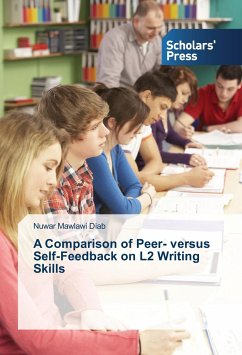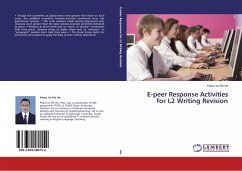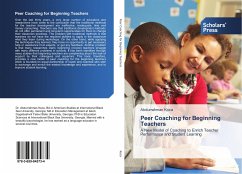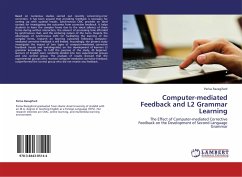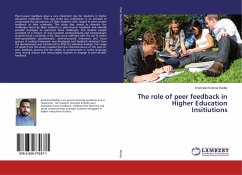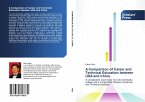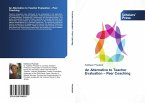This book reports on three research studies. Study 1, which investigated the effects of peer-editing on students revised and new essays, revealed that students did not benefit from peer feedback in their revised drafts but improved the quality of their new essays. Study 2 examined the reasons for students failure to benefit from their peers feedback and found the answer in students culture of learning. Study 3 employed experimental and control groups to test students ability to correct specific language errors. Compared to the control group who self-edited their essays, the experimental group, who received peer feedback, significantly improved their writing in revised drafts and in new essays. Also, the experimental group significantly reduced rule-based language errors in revised drafts but not in new essays. However, errors that are not rule-based were not significantly reduced in revised drafts or in new essays. Demonstrating the importance of peer interaction in developing students writing skills, this work contributes to SLA research by grounding its findings in a socio-cognitive theoretical framework. It also has important pedagogical implications for teachers.
Bitte wählen Sie Ihr Anliegen aus.
Rechnungen
Retourenschein anfordern
Bestellstatus
Storno

